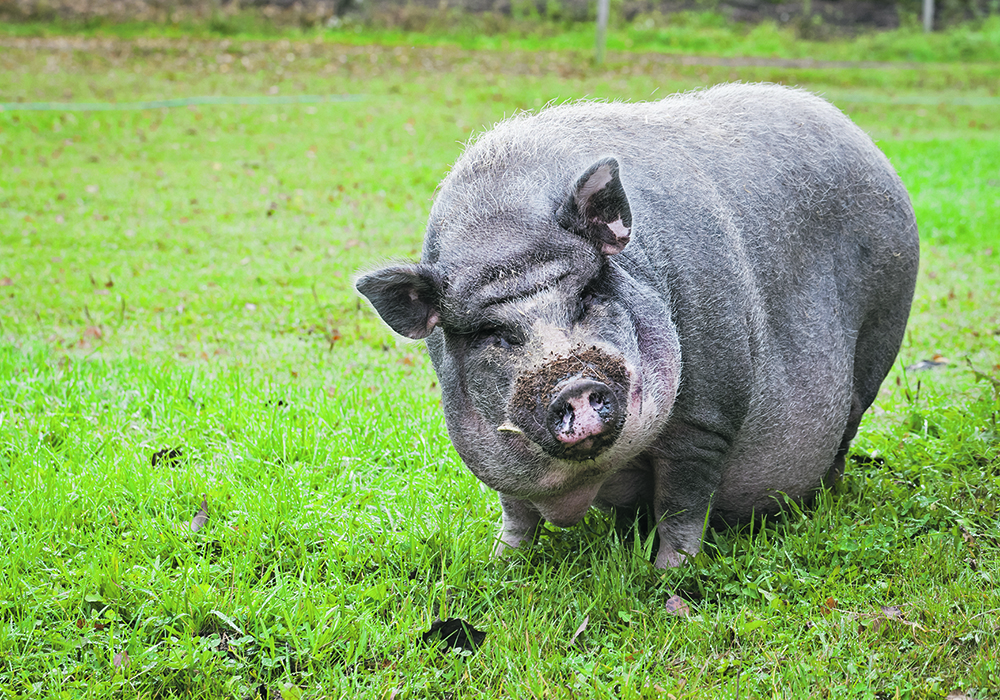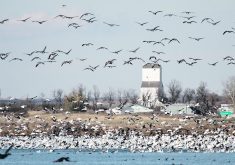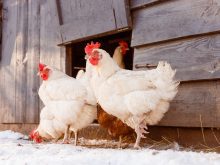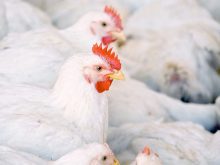A World Health Organization official called for stronger surveillance of animals to curb the spread of bird flu at a press conference Nov. 28. Increased efforts to reduce transmission to new species was also urged.
“What we really need globally, in the U.S. and abroad, is much stronger surveillance in animals, in wild birds, in poultry, in animals that are known to be susceptible to infection,” said WHO epidemiologist Maria Van Kerkhove.
The H5N1 virus was confirmed in a backyard pig in the U.S. in October, heightening concerns as pigs can be infected with both human and bird viruses, which could lead to the formation of new, more dangerous variants.
Read Also

Short rapeseed crop may put China in a bind
Industry thinks China’s rapeseed crop is way smaller than the official government estimate. The country’s canola imports will also be down, so there will be a lot of unmet demand.
Meanwhile, California state officials have now confirmed two detections of bird flu in raw milk, warning people not to consume the affected lots. California is investigating linkages between unpasteurized milk, poultry, infected dairy cows and human cases. So far there have been no reported human illness tied to the affected raw milk.
A British Columbia teenager remained in hospital in critical condition in late-November, reported the provincial health ministry. Officials have still not discovered how the teen became infected in what is believed to be Canada’s first human case, although it’s believed the case may have been tied to a wild bird. A total of 55 bird flu cases in humans have been confirmed in the U.S. this year.
As of Nov. 21, there were 63 infected poultry premises across Canada under investigation by the Canadian Food Inspection Agency, with 54 of those in B.C. To date there has been no detection in Canadian dairy cattle.
















